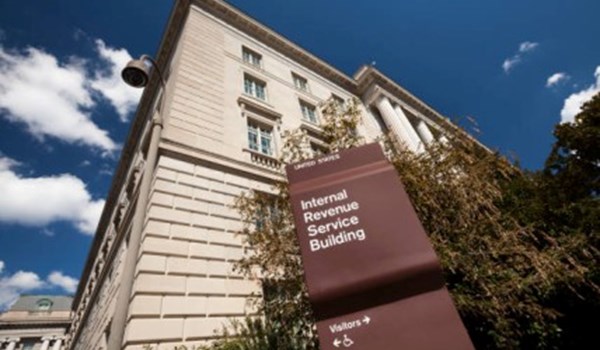National Treasury has called for public comment on proposed amendments to laws with the aim of strengthening the country’s Anti-Money Laundering (AML) and Counter-Terrorism Financing (CTF).
These gaps were identified during efforts to exit greylisting and improve compliance with the Financial Action Task Force (FATF) recommendations.
The changes, proposed in the draft General Laws (Anti-Money Laundering and Combating Terrorism Financing) Amendment Bill, will raise penalties and expand regulatory oversight to better align with international standards.
In February 2023, the FATF greylisted South Africa due to, among other reasons, inadequate measures against money laundering, terrorist financing, and proliferation financing.
Very broadly, being on the grey list means the country must address the identified strategic deficiencies within specified timeframes and is subject to intensified monitoring.
South Africa has now largely or fully addressed 16 of the 22 items, leaving six items to still be completed by the next report, which is due in the coming months.
In hopes of addressing outstanding deficiencies by its next reevaluation, National Treasury recently published the draft General Laws (Anti-Money Laundering and Combating Terrorism Financing) Amendment Bill.
The draft Amendment Bill was finalised by National Treasury together with the Department of Trade, Industry and Competition, the Department of Social Development and the Financial Intelligence Centre.
It proposes amendments to four pieces of legislation, namely:
The Financial Intelligence Centre Act, 2001;
Financial Sector Regulation Act, 2017;
Companies Act, 2008, and the
Nonprofit Organisations Act, 1997.
According to statements from both Treasury and the Financial Intelligence Centre, the draft Amendment Bill aims to strengthen the country’s AML and CTF system by addressing gaps in the current legal framework.
“The publication of the draft Amendment Bill aims to demonstrate South Africa’s commitment to strengthening its AML and CTF system by addressing the remaining deficiencies identified by the FATF mutual evaluation… and during the remedial process to exit the FATF greylist,” said Treasury in a statement.
Key changes
Key amendments include increased penalties for offences, enhanced information sharing among relevant authorities, and expanded regulatory powers to address new technologies and financial products.
The bill also outlines the legislative process and consultations undertaken.
Key changes to each of the four acts earmarked for changes include:
Nonprofit Organisations Act
Penalties for offences increased to a fine of up to R1 million, imprisonment for up to five years, or both.
Financial Intelligence Centre Act
- “Authorised officer” definition to include the Public Procurement Office.
- FIC can share information with the Public Procurement Office.
- FIC Director must notify the High Court about entities identified under the Protection of Constitutional Democracy Act.
- Finance Minister can allow entities identified by the UN Security Council to earn interest on previously prohibited accounts.
- Authorised persons must submit cash conveyance reports to the FIC within a set period.
- Accountable institutions must assess risks from new technologies that may facilitate money laundering or terrorism financing.
- Institutions violating business relationship or transaction rules face sanctions.
- Amendments to section 51A will address non-compliance with reporting obligations.
Companies Act
- Companies and Intellectual Property Commission (CIPC) to deregister companies that fail to submit required registers for over a year.
- CIPC can impose penalties for non-compliance with register submission.
- Individuals can apply to the Companies Tribunal to review CIPC penalties.
Financial Sector Regulations Act
- “Making a financial investment” definition to be amended.
- “New services” definition expanded to cover similar financial products regardless of technology.
- Authorities can license financial institutions even if they are already licensed under other laws.
- Regulators can obtain information from significant and beneficial owners.
- Regulators can investigate suspected violations of financial sector laws.
- Transactions under a ‘master agreement’ excluded from Section 166S(7).



